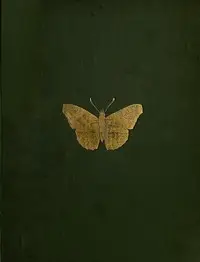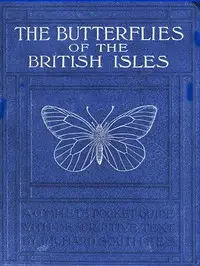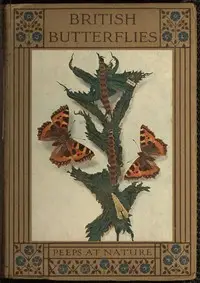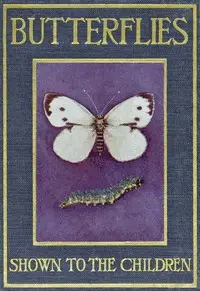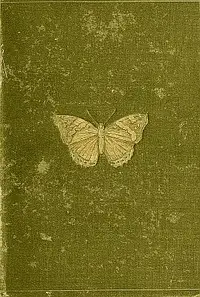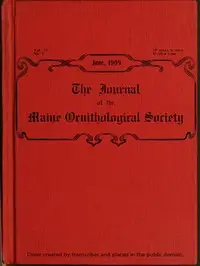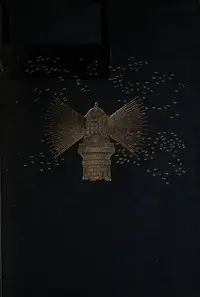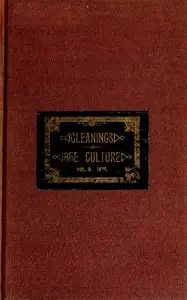"The English Moths and Butterflies" by Benjamin Wilkes is an early 18th-century science book which provides a careful listing of different types of moths and butterflies in England, alongside clear pictures of their variety and beauty. The book explores the plants, flowers, and fruits these insects eat, creating a broad view of their natural world. The writer speaks to the Royal Society of London at the beginning, explaining that his work is based on watching and studying the life cycles of these creatures including the transformation through egg, caterpillar, chrysalis, and adult stages, highlighting their diverse forms and colors. The beginning part shows how important it is to study nature, explaining how to watch and gather examples.
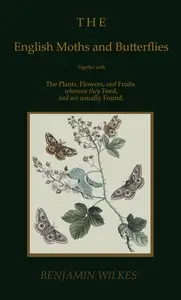
The English moths and butterflies : $b Together with the plants, flowers, and fruits whereon they feed, and are usually found.
By Benjamin Wilkes
Discover the hidden world of England's flying insects and the plants that sustain them, carefully observed and beautifully illustrated from a bygone era.
Summary
About the AuthorBenjamin Wilkes was an 18th-century artist and naturalist in London. Wilkes' profession was 'painting of History Pieces and Portraits in Oyl'. When a friend invited him to a meeting of the Aurelian Society, where he first saw specimens of butterflies and moths, he became convinced that nature would be his 'best instructor' as to colour and form in art. He began to study entomology spending his leisure time collecting, studying and drawing the adults, larvae, pupae and parasitoids of Lepidoptera, assisted by the collector Mr. Joseph Dandridge. Wilkes' own collection was kept, "against the Horn Tavern in Fleet Street," London, "Where any gentleman or lady," could see his collection of insects. Henry Baker, writing in August 1749, stated that Wilkes had, "died of a fever in about a week after he had finished his laborious and elegant work," and paid tribute to Wilkes as, "indefatigable in his observations and faithful in minuting down every particular but for want of learning quite incapable of writing a book."
Benjamin Wilkes was an 18th-century artist and naturalist in London. Wilkes' profession was 'painting of History Pieces and Portraits in Oyl'. When a friend invited him to a meeting of the Aurelian Society, where he first saw specimens of butterflies and moths, he became convinced that nature would be his 'best instructor' as to colour and form in art. He began to study entomology spending his leisure time collecting, studying and drawing the adults, larvae, pupae and parasitoids of Lepidoptera, assisted by the collector Mr. Joseph Dandridge. Wilkes' own collection was kept, "against the Horn Tavern in Fleet Street," London, "Where any gentleman or lady," could see his collection of insects. Henry Baker, writing in August 1749, stated that Wilkes had, "died of a fever in about a week after he had finished his laborious and elegant work," and paid tribute to Wilkes as, "indefatigable in his observations and faithful in minuting down every particular but for want of learning quite incapable of writing a book."


